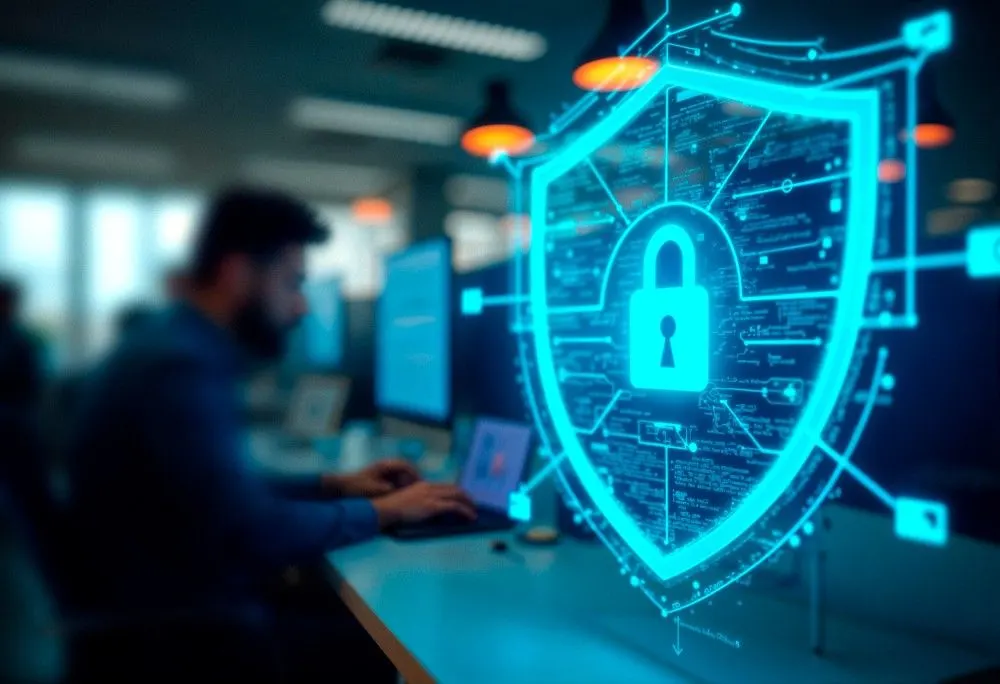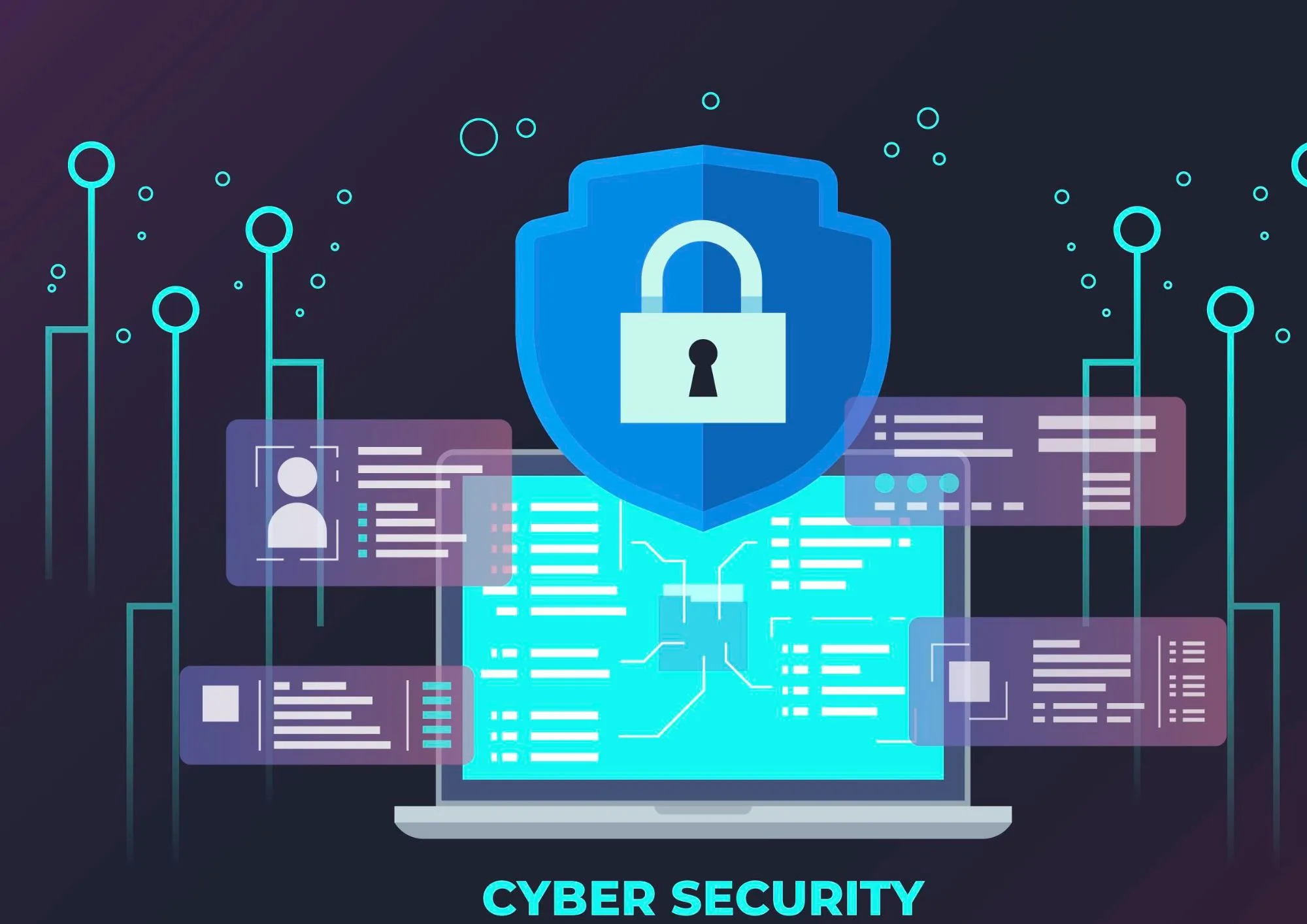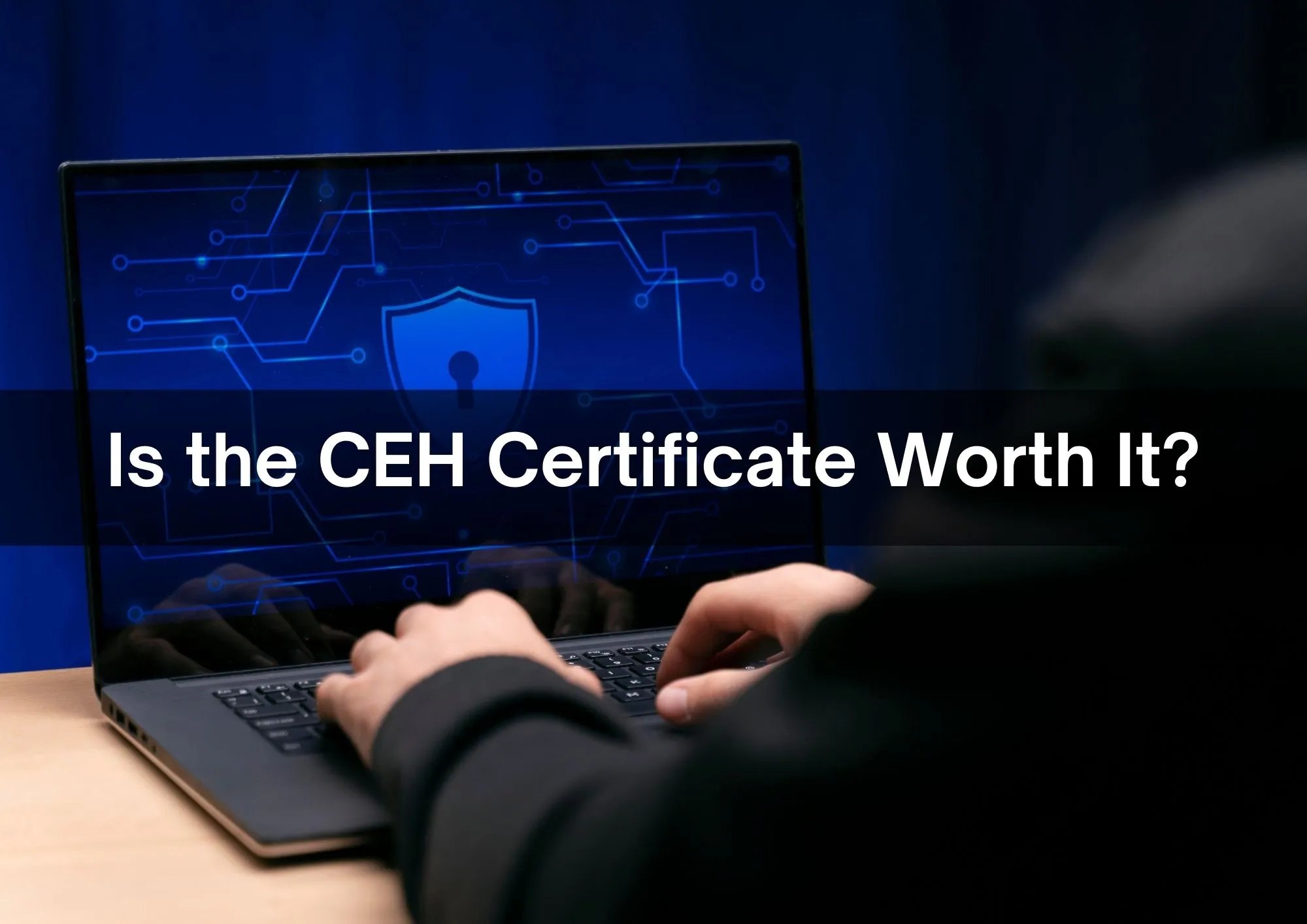Organizations are actively looking for competent people to protect their important assets and data in today’s increasingly digital world, where cyber dangers are continually changing. For people to demonstrate their knowledge and differentiate themselves in this cutthroat industry, cybersecurity certifications are a great option. The following Top cybersecurity certificates, which stand out among the many options available and are highly valued by employers, will greatly improve your career prospects:
Top cybersecurity certifications
Certified Ethical Hacker (CEH)
CEH certification is one of the Top cybersecurity certifications in the cyber security field. Organizations are increasingly depending on ethical hackers in a world where cyberattacks are becoming more complicated to find weaknesses and fortify their defences. People who want to work as ethical hackers or penetration testers may consider getting the CEH certification (Certified Ethical Hacker), which is provided by the EC-Council.
Network scanning, system vulnerabilities, and countermeasures are all topics covered in the CEH curriculum, along with fundamental hacking tools and techniques and ethical hacking methodologies. Professionals who hold the CEH certification are able to think like malicious actors and spot possible holes before adversaries can take advantage of them because of their in-depth understanding of hacker mentality. Organizations wishing to strengthen their cybersecurity posture and routinely evaluate their vulnerabilities through ethical hacking techniques highly value this certification.

Certified Information Systems Security Professional (CISSP)
Globally recognised and accepted by companies, the CISSP certification is regarded as the gold standard in the cybersecurity sector. This certification, which is provided by the International Information System Security Certification Consortium (ISC)2, certifies your knowledge and abilities in a variety of security domains, including security and risk management, asset security, security engineering, communications and network security, identity and access management, security assessment and testing, security operations, and security during software development.
A suitable college degree and four years of work experience are both required for the CISSP certification, which demands a minimum of five years of cumulative work experience in at least two of the eight domains. CISSP-certified individuals are well-equipped to defend organisations against contemporary cybersecurity threats thanks to the demanding test process.
The Certified Information Systems Auditor (CISA)
The Certified Information Systems Auditor (CISA) certification is another well-known ISACA credential. The CISA credential is specifically designed for people who audit, regulate, monitor, and evaluate an organization’s information technology and business systems.
Information system acquisition, development, implementation, operations, maintenance, and protection are all covered by CISA. Professionals can demonstrate their proficiency in identifying vulnerabilities and putting controls in place to maintain the confidentiality, integrity, and availability of information systems by obtaining CISA certification. By working towards these certificates, cybersecurity professionals may highlight their dedication to lifelong learning, keep up with new threats, and prove their expertise to prospective employers.
CompTIA Security+
An entry-level cybersecurity certification that is respected throughout the industry is CompTIA Security+. For those interested in a career in cybersecurity, it’s a great place to start. Network security, compliance and operational security, threats and vulnerabilities, application, data, and host security are just a few of the key security principles covered in Security+.
Network administrators, security experts, and IT professionals can all benefit from this vendor-neutral certification. The CompTIA Security+ certification is a stepping stone to more advanced certifications and shows a basic understanding of cybersecurity concepts.
Advanced Diploma in Cyber Defence (ADCD)
ADCD is a comprehensive programme focused on cyber threats, vulnerabilities, and attack vectors, empowering students to detect and mitigate risks. It offers hands-on training in ethical hacking, incident response, and compliance. Graduates become cybersecurity analysts, network security specialists, or information security managers, safeguarding digital assets and critical infrastructure from evolving cyber threats.
Conclusion
In conclusion, because the cybersecurity sector is always changing, individuals who want to improve their careers in this field must receive the necessary qualifications. The certifications covered in this article, including CISSP, CEH, CompTIA Security+, CISM, and CCSP, are among the most prestigious and well-respected in the cybersecurity industry. Each certification has special advantages, from technical know-how and ethical hacking talents to managerial skills and cloud security experience.










